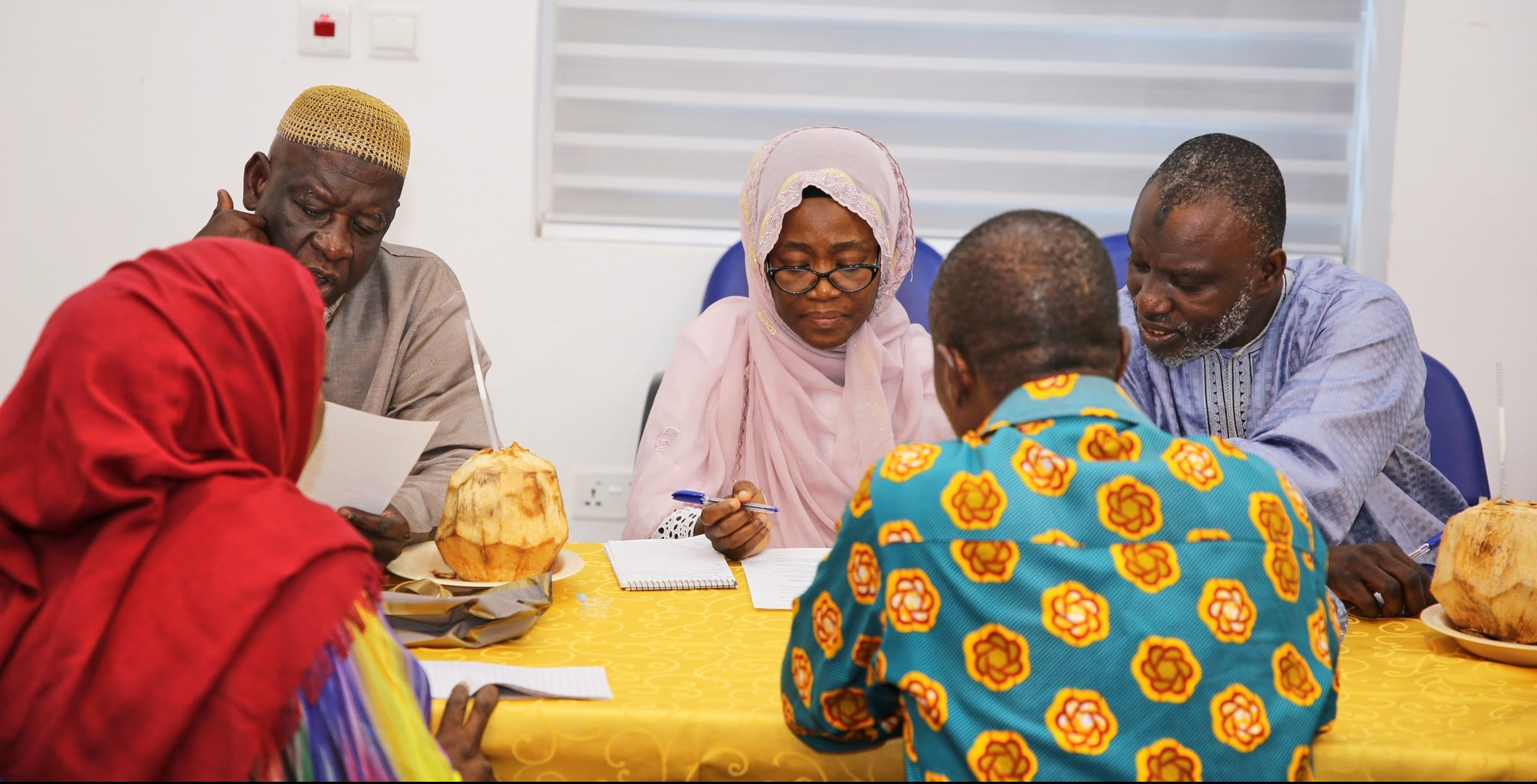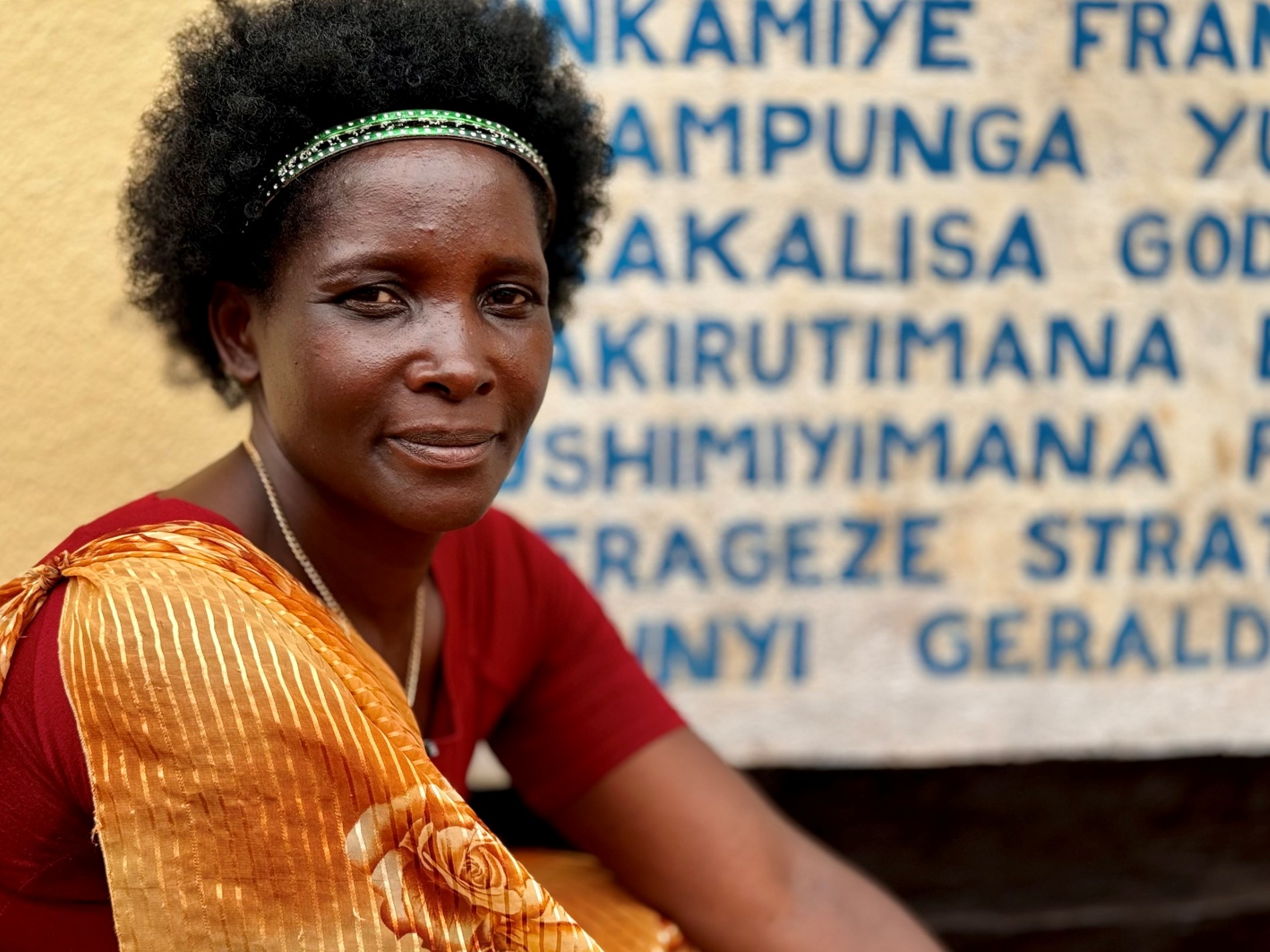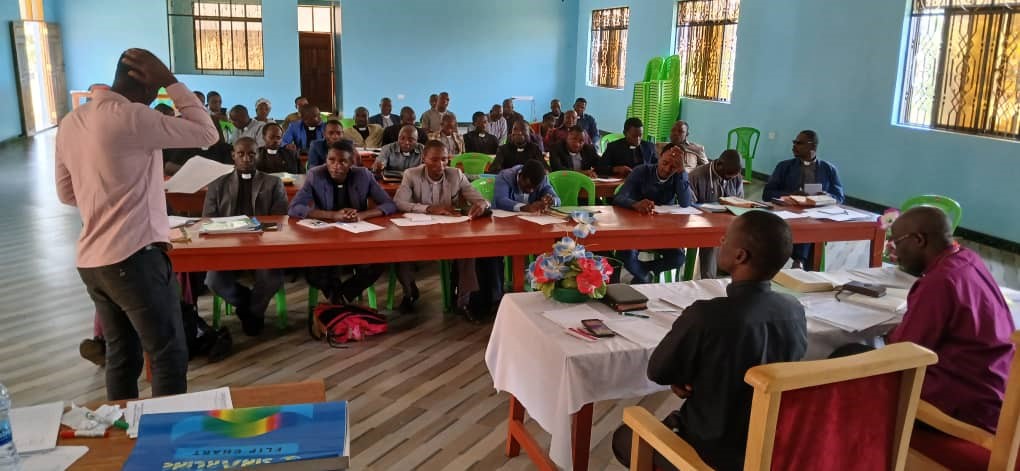“I didn’t want to see another mother needlessly die in childbirth” - Specioza Our organizing in Rwanda began in 2009 in the rural village of Mumeya, where mothers…
Africa: Grassroots leaders from Rwanda, Tanzania and Ghana build their base through outreach
Faith in Action International’s approach to grassroots organizing is built on the fundamental notion that power to cause change lies in the connections everyday people make with one another that enables them move together to take informed action. In El Salvador, leaders in 145 communities are meeting weekly to demand changes in their communities and country. In Haiti, leaders in 62 communities are making a way out of no way by taking action where there is no government.
Countries in Africa are testing this approach. Looking to success in Rwanda, faith leaders in Ghana, Tanzania, and Kenya are developing leadership teams who are reaching to connect with people who have little voice in their own communities or in their countries.
To grow more powerful in Rwanda, five new leader organizers are reaching out to clergy, residents, and local officials to explore interest in organizing in new communiteis. Starting with a core of student leaders, youth organizer, Alphonse, gathered 200 school age students to encourage one another to return to school. At the same time, Poline is working with an Anglican Pastor in Mumeya to build a leadership team that has set its sights on expanding a school facility. In Rwanda, and across Africa, grassroots organizing is responding to the larger challenge of government funding not keeping pace with the demands of an exploding youth population.
Earlier this month, 42 leaders gathered in Ngara District of Tanzania to report on outreach they had done since their last training session in July. One big step forward was the participation of Muslim, Catholic and Protestant clergy and lay people. Together they are are discovering they face the same challenges. Local and district government leaders also participated to understand this unique approach to bottom up social change and accountability.
In Ghana, Faith in Ghana Alliance teams met in late August to report on outreach into local communities in ten regions across the country. The Western Region Multi-Faith Alliance reported that community level organizing in Ngyiresia had begun. A new local Ngyiresia multi-faith alliance is taking responsibility to organize their community, and has begun to identify local priorities through a listening campaign. Mustapha Kofi Abban, the Faith in Ghana Alliance’s Western Regional Coordinator, together with the Secretary Hajia Fatima Baba Konney say that working in Ngyiresia is offering their Regional Leadership Team an opportunity to learn how to put multifaith organizing into practice so that the community to take responsibility for their development concerns and hold their local officials accountable.
As Ghana heads into national elections in 2024, the transformation of the Faith in Ghana Alliance through multi-faith organizing across the country is showing the way toward decentralizing development decisions and building a vision for the future of Ghana from the bottom-up.
The Faith in Ghana Alliance also celebrated the Papal Knighthood of Samuel Zan Akologo, the Alliance’s founder and national coordinator, for his contribution to social justice and service in the Church.



